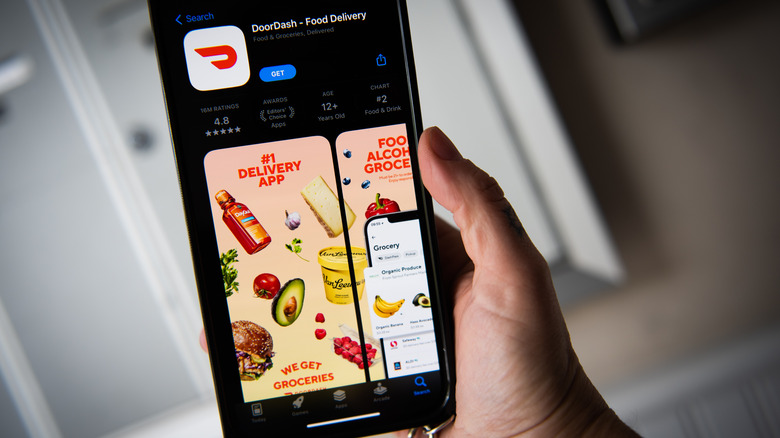
Canada’s Competition Bureau has launched a lawsuit against DoorDash Inc. and its Canadian subsidiary, accusing the food delivery company of marketing prices lower than what consumers actually pay at checkout. According to the Bureau, customers encounter mandatory fees—such as service charges, delivery fees, and additional costs for longer distances, smaller orders, or purchases in provinces like British Columbia—that are added late in the payment process.
Fees Masked as Taxes
The Bureau alleges that some of these fees are presented in a way that makes them appear like taxes, when in reality, they are discretionary charges imposed by DoorDash. This practice, known as drip pricing, has reportedly allowed DoorDash to generate nearly $1 billion from mandatory fees over close to a decade.
The Bureau is seeking orders from the Competition Tribunal to halt these practices, stop portraying fees as taxes, impose financial penalties, and provide restitution to affected consumers.
DoorDash disputes the claims, stating that it does not hide fees or mislead customers. Spokesperson Trent Hodson described the lawsuit as “a misguided and excessive attempt to target one of Canada’s leading local commerce platforms” and vowed to vigorously defend the company against the allegations.
Growing Regulatory Crackdown on Drip Pricing
Since amendments to the Competition Act in June 2022, the Competition Bureau has intensified efforts to combat drip pricing. The agency recently secured a $38.9 million fine against Cineplex Inc. for similar practices, although the company is appealing.
Other companies targeted for drip pricing violations include SiriusXM Canada, Discount Car & Truck Rentals Ltd., TicketNetwork, and Canada’s Wonderland.
The Bureau noted that previous warnings did not deter DoorDash, prompting the current legal action to protect consumers from false or misleading pricing.
The Competition Bureau shared examples where advertised prices do not match final charges. One case involved a Greek restaurant in B.C. advertising souvlaki for $26, but the final price included a 99-cent provincial fee, a $2.99 delivery fee, a $1.99 distance surcharge, taxes, and additional service fees.
Other examples included orders for Korean fried chicken in Quebec and purchases of snacks such as Doritos, Pringles, Mars chocolate bars, and Sour Patch Kids from Dollarama, all subject to unexpected mandatory fees during checkout.
Author’s Opinion
Transparent pricing isn’t just a consumer preference—it’s a cornerstone of fair commerce. The Competition Bureau’s case against DoorDash highlights a widespread issue in online marketplaces where hidden fees erode trust. Companies must prioritize clear, upfront pricing to build lasting customer relationships. Regulatory action like this sends a necessary message that deceptive pricing tactics will face consequences, ultimately benefiting consumers and honest businesses alike.
Featured image credit: Tasting Table
For more stories like it, click the +Follow button at the top of this page to follow us.
